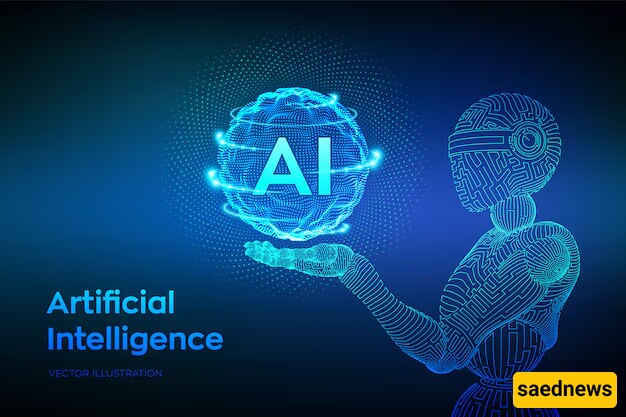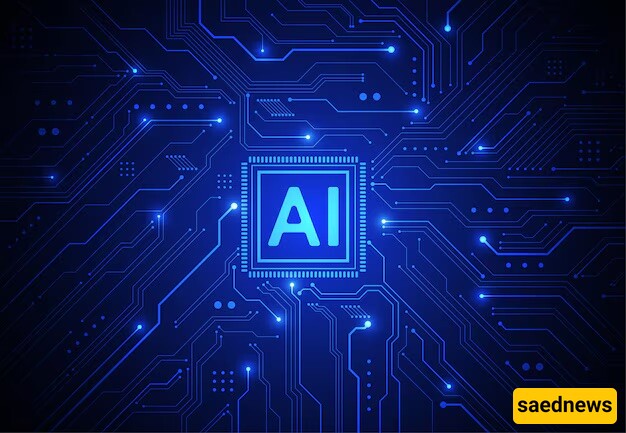A professor at the Faculty of Electrical and Computer Engineering at the University of Tehran and the head of the Cognitive Systems Laboratory has highlighted the transformative nature of Artificial Intelligence (AI). He emphasized the importance of integrating AI tools into university curricula to enhance research and development capabilities.

According to Saed News, Majid Nili Ahmadabadi, speaking at the closing ceremony of the 33rd Research and Technology Festival of the University of Tehran, held on Tuesday at Allameh Amini Hall, discussed the significance of AI in data-driven models. He stressed that understanding the current state of affairs is essential for any progress and noted the increasing national attention to AI, from high-level policymakers to the general public. He urged that AI-related decisions should be made strategically and based on data.

Nili posed an important question:
"How will research, technology, and innovation evolve in the AI era, and what steps can the University of Tehran take in this context?"
He explained that humans interact with the world through mental models—frameworks that shape our perception of reality. The stronger and more accurate these mental models, the better we can perform four key actions:
Recognizing the occurrence of an event
Predicting future events
Understanding the causes behind events
Planning based on this understanding
These four fundamental cognitive functions have driven human progress since the dawn of history, with mental models evolving over time.
Nili emphasized that a well-developed mental model enhances knowledge-sharing and application. However, a major transformation in human history was the invention of mathematics, which enabled precise modeling of various phenomena.
Mathematics allowed humans to create highly accurate representations of seemingly simple natural occurrences. By externalizing these models beyond the biological brain—onto paper and structured systems—mathematical models became fundamental to scientific progress.
However, despite its power, mathematics alone has not been able to solve all problems. Many complex phenomena require deeper understanding, and the laws governing the human brain remain largely unknown. As a result, mental models still play a crucial role in many fields, where mathematical models have had less impact—such as sociology and psychology, compared to their significant contributions in physics and electromagnetics.
The next major leap, according to Nili, came with the development of various sensing systemsand numerical simulations. When mathematical models became too complex to handle manually, researchers turned to numerical simulations to connect theoretical models with the real world.
This led to a shift toward data-driven models in AI, enabling the development of computational frameworks that combine:
Mental models
Mathematical models
Simulation-based models
Nili believes the true revolution in AI lies in its ability to communicate with machines in human language. Unlike earlier AI models, modern AI can interpret and interact using natural language—a critical breakthrough for social sciences, economics, and psychology, where human language and perception play a central role.
He highlighted a key distinction: AI is not just a tool for incremental change—it is a transformative force. The emergence of language-driven AI models is now reshaping human-centered research in unprecedented ways.
At the event, several outstanding researchers and technologists were recognized for their contributions:
4 distinguished senior researchers
9 leading researchers
6 outstanding young researchers
12 exemplary researchers
10 top industry and community collaborators
7 exemplary PhD dissertations
7 exemplary master’s theses
14 outstanding technologists
This event underscored AI's growing impact on research and development, reinforcing the need for universities to integrate AI tools into academic programs to stay at the forefront of innovation.

